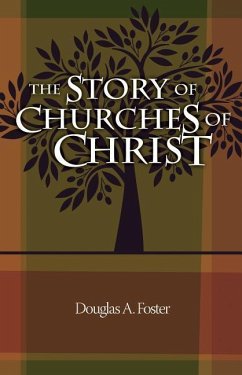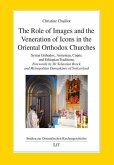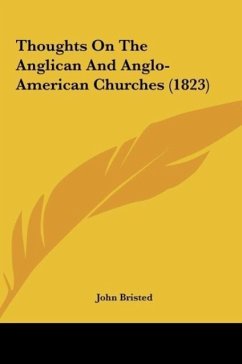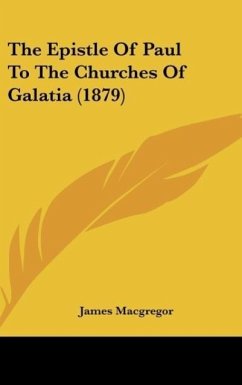To know one's history is to be freed to imagine a future and to live into that future thoughtfully and confidently. That's true for any individual or family, but it's also true for religious traditions. The Churches of Christ today did not emerge out of a vacuum but came from somewhere. These churches exhibit certain characteristics that were shaped by their past. Identifying these traits can help churches live wisely and faithfully into the future. In 2000, the Atlas of American Religion listed Churches of Christ as one of seven "national denominations," represented in all regions of the United States. Numbering over a million members in the United States and many more than that around the world. Churches of Christ are a major presence on today's Christian landscape. Yet many people, including many members, know little about the group's origins and development. This brief overview explains something about this Christian tradition to both insiders and outsiders in a frank and honest way. We hope you enjoy and learn from the story.
Hinweis: Dieser Artikel kann nur an eine deutsche Lieferadresse ausgeliefert werden.
Hinweis: Dieser Artikel kann nur an eine deutsche Lieferadresse ausgeliefert werden.








